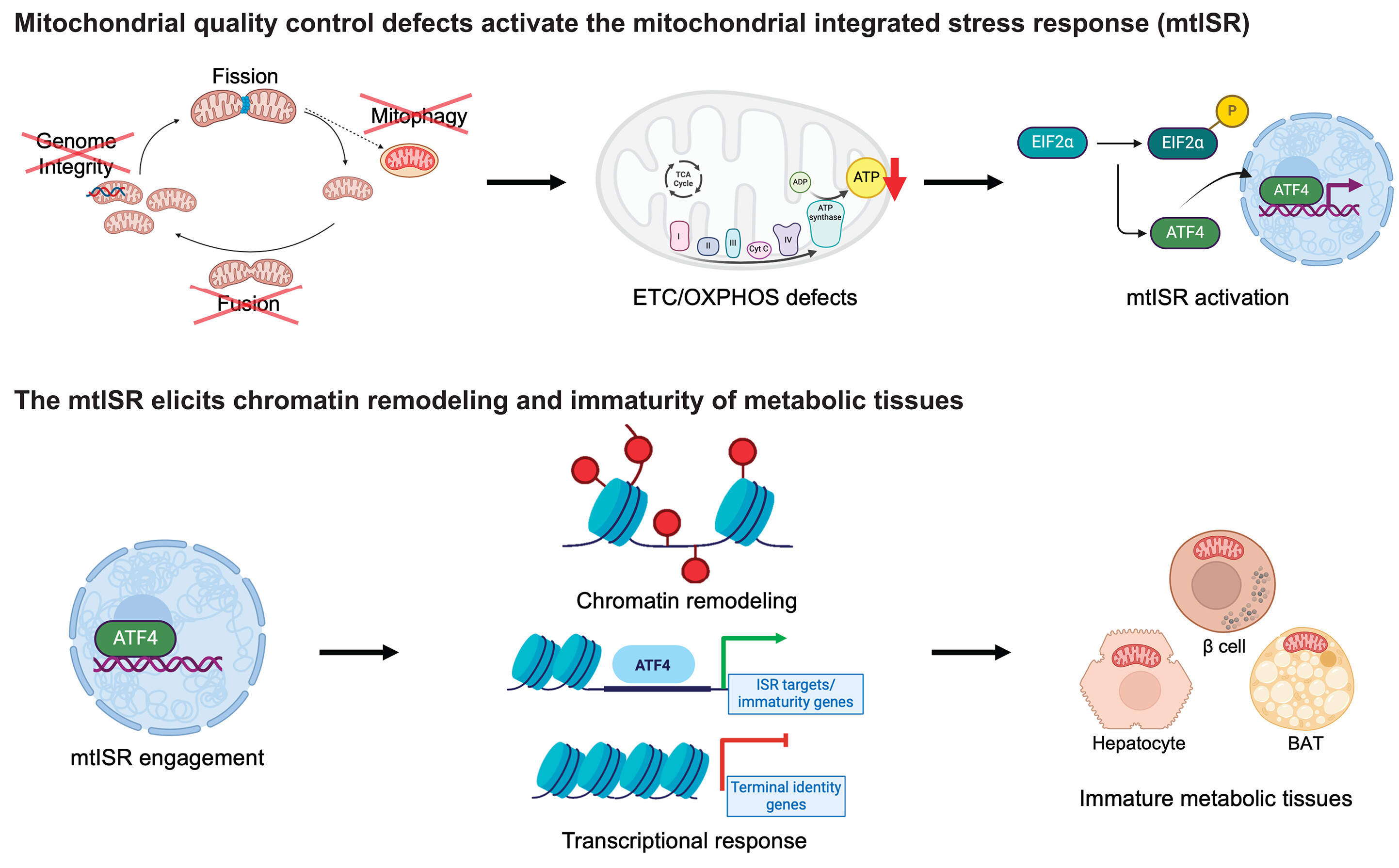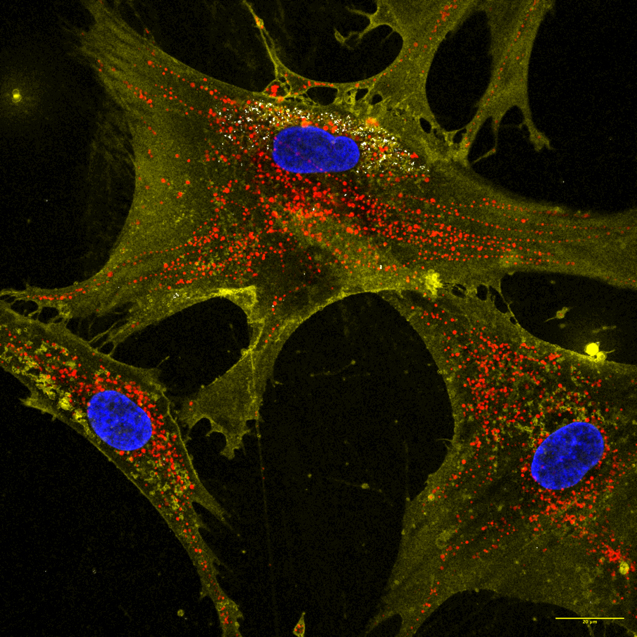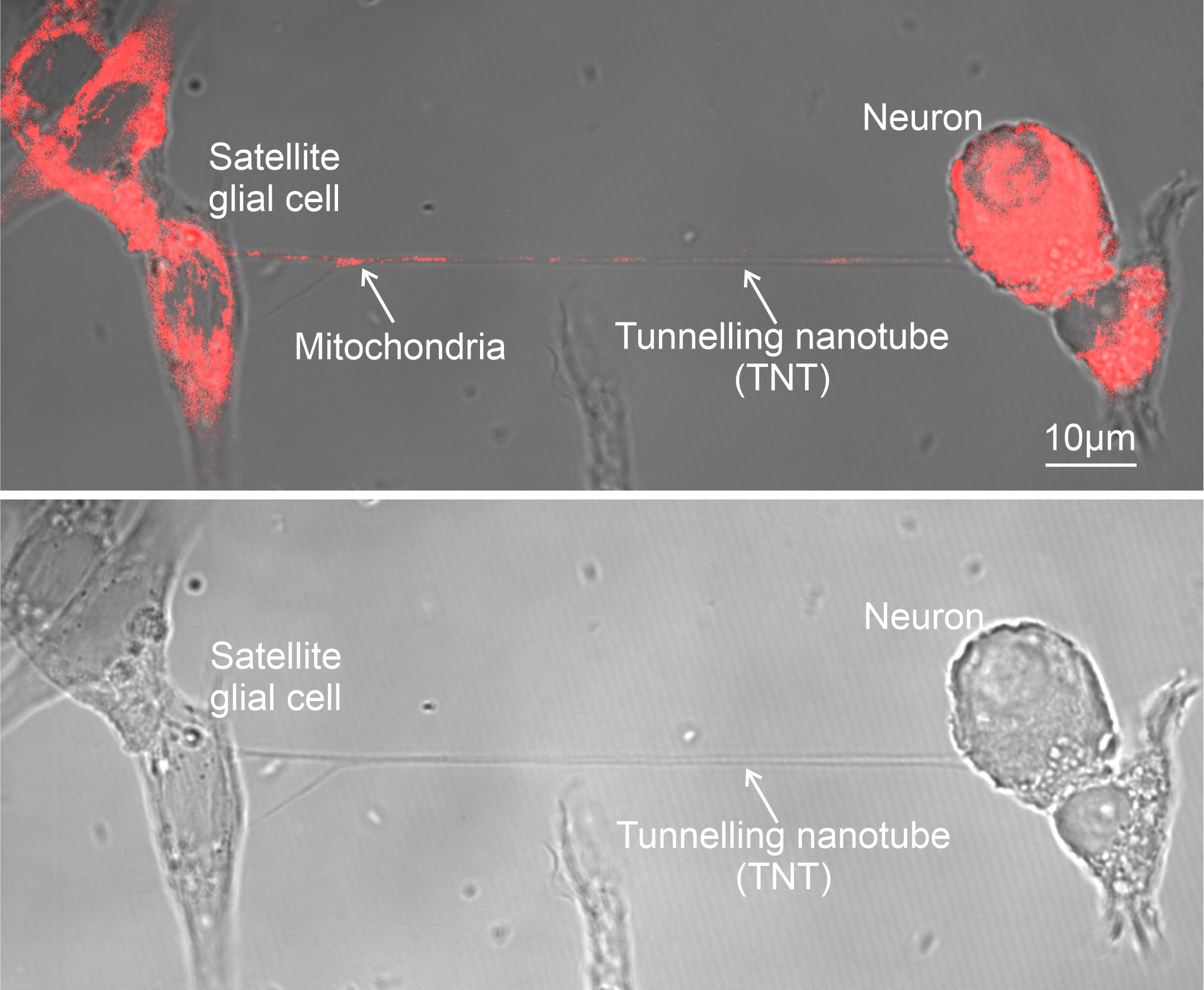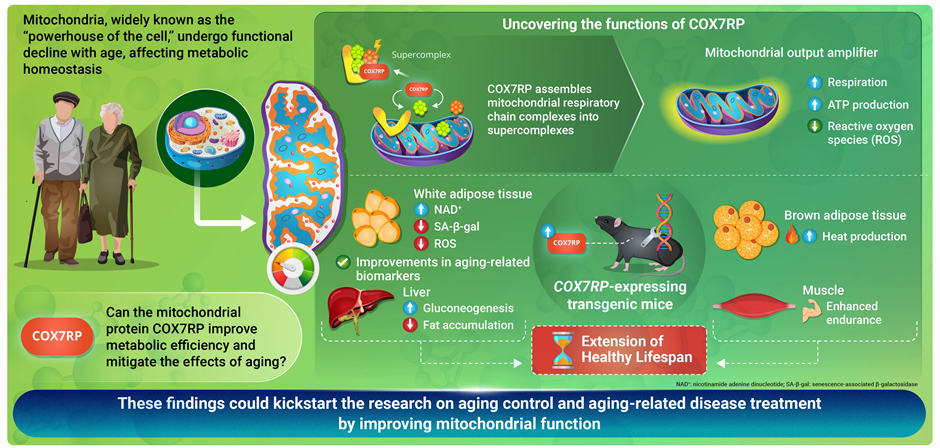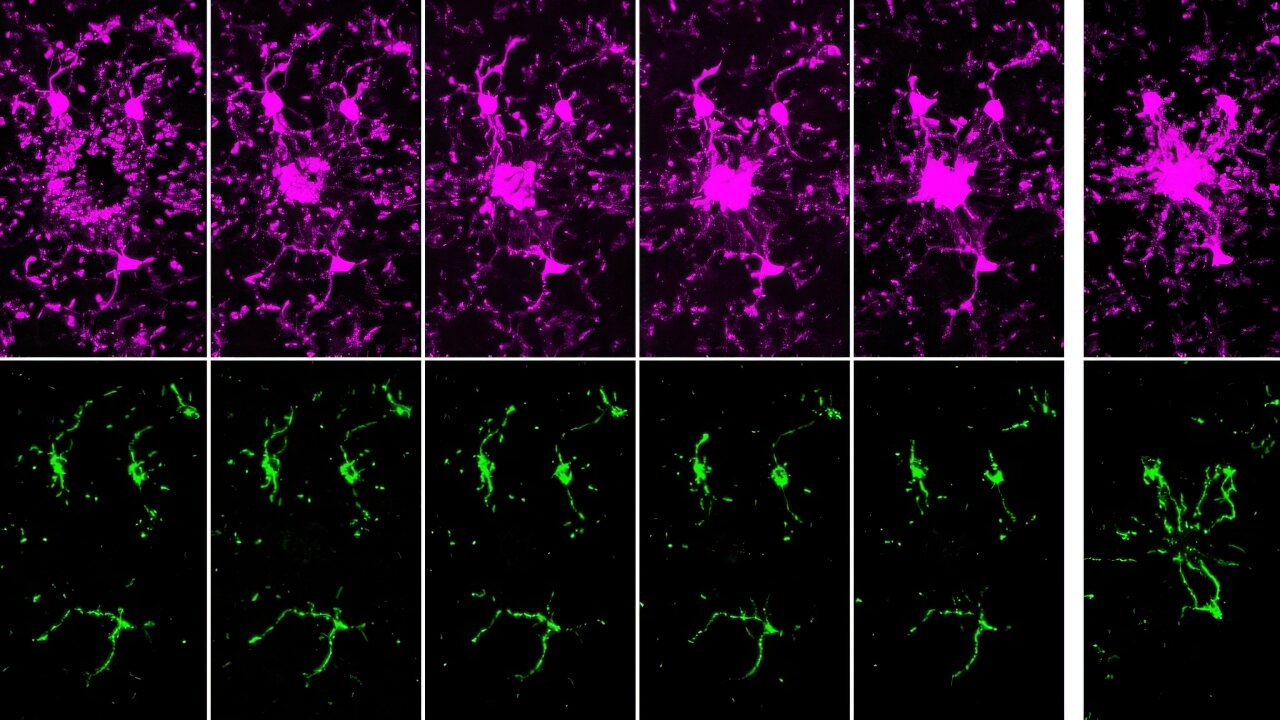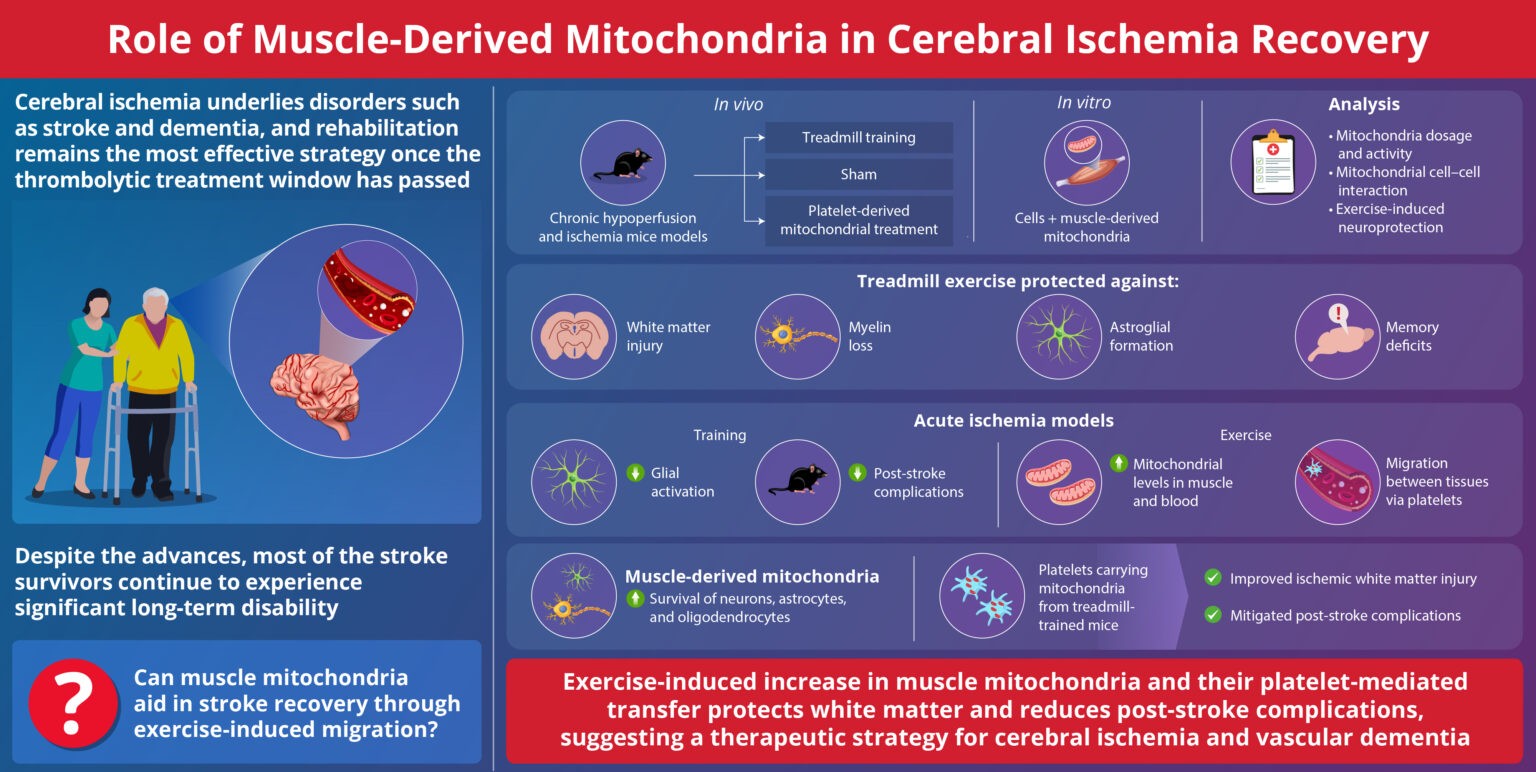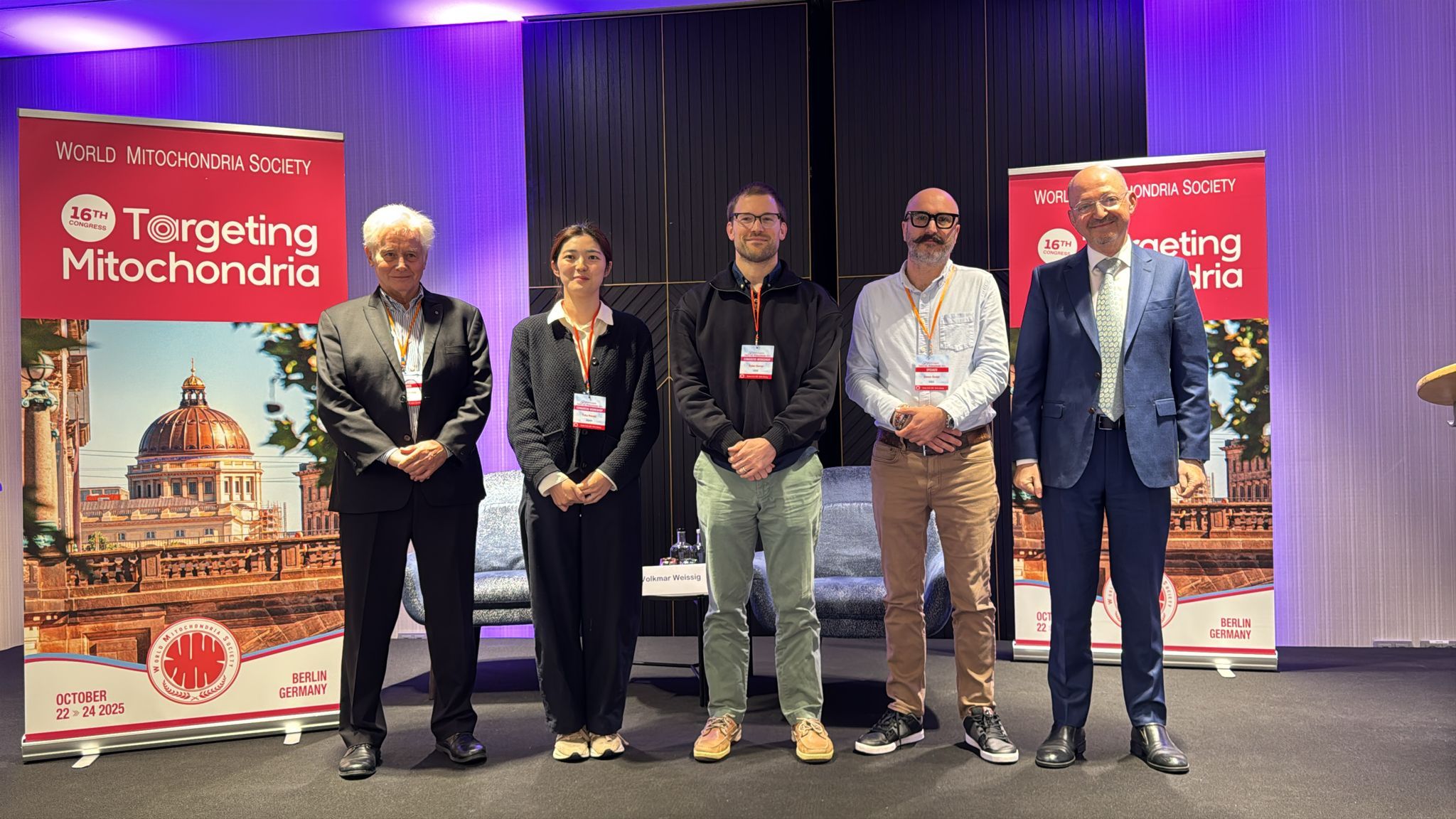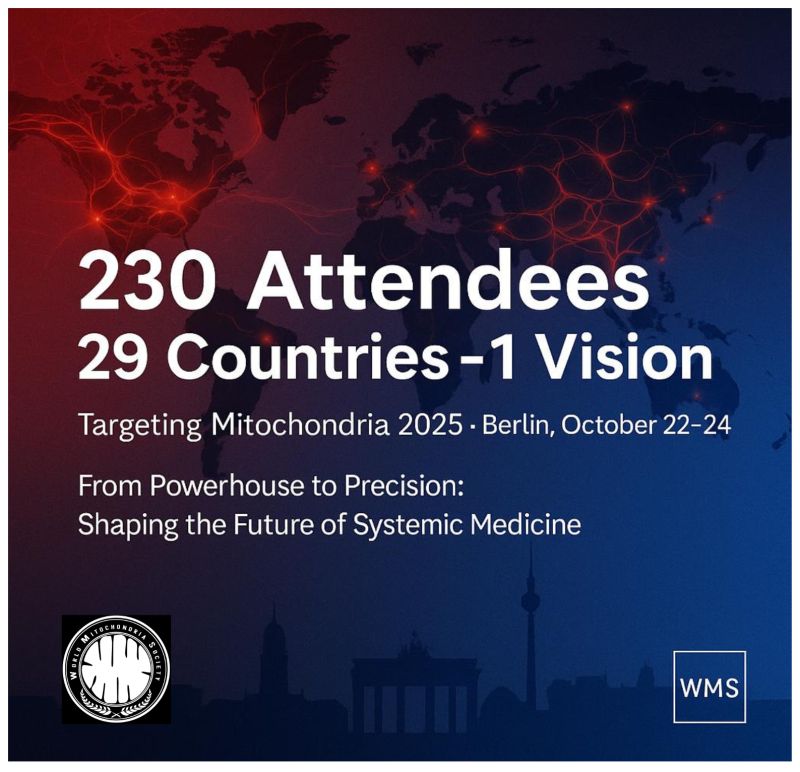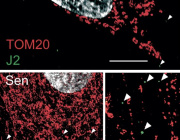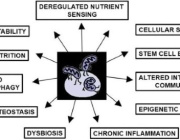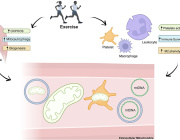Rescuing Corneal Cells from Death with the Help of Mitochondria

News Release, World Mitochondria Society, Berlin - Germany – April 20, 2023
Fuchs' endothelial corneal dystrophy, a degenerative eye disease, causes progressive vision loss that can induce blindness. It is the leading cause of corneal transplantation, but the scarcity of grafts hinders its treatment. A research team from Université Laval and Université de Montréal has identified a way to slow the disease and even avoid transplantation if diagnosed at an early stage.
In people with the disease, the endothelial cells at the back of the cornea die more quickly than in healthy people.
"Everyone loses them at a slow rate, slow enough to make it to the end of our lives without problems. For sick people, depletion is accelerated by factors not yet understood at the molecular level. Since the cells do not divide, they do not replace themselves," says Patrick J. Rochette, full professor at the Faculty of Medicine at Université Laval and a researcher at the CHU de Québec-Université Laval Research Center, who conducted the study.
These endothelial cells play an essential role in vision. They ensure that the cornea remains transparent by keeping it partially dehydrated. When the cells die, the cornea becomes wet and cloudy, which can lead to complete blindness.
In a previous study, the research team showed that mitochondria were central to the disease. "In people with the disease, the mitochondria become depleted rapidly, leading to cell death. The more cells die, the more the mitochondria in other cells have to compensate, which accelerates their depletion. It's a vicious circle," explains Patrick J. Rochette.
Reduce mortality rate
The research team wondered whether injecting healthy mitochondria into cells could delay the progression of Fuchs' dystrophy. To test their hypothesis, the scientists used diseased endothelium removed during a corneal transplant. "We were able to save cells close to death, going from a 60% mortality rate to 10%," Rochette said. These results demonstrate a high therapeutic potential for the injection of mitochondria.
The strength of this approach lies in the automatic recycling of diseased mitochondria without injecting healthy ones directly into the cell. "Cells eat mitochondria as if their life depended on them. Any cell, even if it is dying, will take them up. The replacement happens by itself. After 24 hours, only healthy mitochondria remain," says the researcher.
In the study, the healthy mitochondria were grown under controlled conditions, but the research group is developing an approach to extract them from the patient's blood.
If Fuchs' dystrophy is diagnosed at an early stage, when most endothelial cells are still alive, the approach could maintain vision without a transplant. The injection of mitochondria would be a benign procedure, much less invasive than surgery.
The paper is published in the journal Scientific Reports.
Targeting Mitochondria 2023 will adress the latest research that targets the mitochondria in ophthalmology. You can submit a related abstract.
Source: Press release by the University of Laval.
Image Credits: Freepik
Media contact:
World Mitochondria Society
This email address is being protected from spambots. You need JavaScript enabled to view it.
+33-1-5504-7755
Targeting Mitochondria 2023 Congress
October 11-13, 2023 - Berlin, Germany
wms-site.com









